Are you considering taking your guinea pig on your next big adventure? While guinea pigs can travel, there are several things you must consider before bringing your guinea pig on a trip.
Yes, you can travel with guinea pigs. However, it is advised you take serious preparation before traveling, and always consider leaving them home where they feel safe with a trusted family member or friend first.
Since travel can be particularly stressful for guinea pigs, it’s critical to understand the impact travel can have on their health and choose an appropriate mode of transportation. This article will discuss the risks of guinea pig travel and provide some essential travel tips.
Understanding the Risks of Guinea Pig Travel
Since travel is not a part of your guinea pig’s daily routine, it can cause a great deal of stress for your pet. While all pets experience travel stress, the impacts of stress on a guinea pig’s health can be more severe. According to animal health experts, guinea pigs are at greater risk of heatstroke when compared to other pets like cats and dogs. Additionally, the stress of travel can make them more susceptible to diseases such as pneumonia. These conditions can have a severe impact on your pet’s wellbeing and may be fatal if not treated appropriately.
Before you decide to travel with your guinea pig, schedule an appointment with your local veterinarian. They can perform a wellness exam and ensure your pet is in peak condition for travel. If your guinea pig has any underlying illness or medical condition, your veterinarian can help you determine whether it is safe for your pet to travel.

In addition to providing a clean bill of health, veterinarians can also help you navigate the travel requirements for your trip. If you are crossing state lines or using certain methods of transport, your guinea pig may require a certificate of veterinary inspection. This document must be completed by a USDA accredited veterinarian and certifies that your pet is healthy to travel.
The Best Modes of Transportation
As you decide whether or not to travel with your guinea pig, it is essential to consider your mode of transportation. Not every mode of transportation is ideal for guinea pig travel. Some forms of transportation have strict restrictions on guinea pig travel, and some do not allow guinea pigs at all. Travel regulations are particularly strict for air travel.
If you want to fly with your guinea pig, make sure you check with the airline’s policies before booking your trip. Many airlines do not allow guinea pigs in the main cabin area. Instead, your pet will have to fly in a special carrier in the cargo hold. You should NEVER let your guinea pig ride in the cargo area. Other pets cannot with stand the temperatures and movements in cargo and it can often lead to fatality. Since guinea pigs are extremely sensitive to temperatures and movements, we highly advise you to never let them ride in cargo and always ask airlines if riding in the cabin area WITH you is an option. Overall, since temperatures, movements, and sound cannot be controlled air travel is best avoided if possible.

The preferred method of travel is in a secured carrier in your vehicle. This allows you to control your pet’s environment and keep a close eye on them. When traveling in your car, it is critical to get an appropriate carrier and make sure the carrier is properly secured in your vehicle.
Helpful Travel Tips
When traveling with your guinea pig, you will need to take certain steps to make the journey as safe and comfortable as possible.
- Pick an Appropriate Travel Crate
When picking out a travel crate, make sure your guinea pig will have plenty of room to move around. According to the USDA Animal Welfare Act, enclosures should be at least 6 inches high and provide adequate ventilation. Additionally, airlines or transport companies may have specific requirements for travel carriers. For more information on travel crate requirements, you can visit the company’s website and review the requirements set by the Animal Welfare Act.
- Provide Plenty of Food and Water
Your guinea pig must have plenty of food and water throughout their trip. When using a water bottle, make sure it will not spill or leak during the journey. You don’t want your guinea pig to become wet and cold during the trip. Also, avoid heavy feed bowls that could shift during transport.
- Keep Trips Short and Make Stops if Necessary
Trips under 2-3 hours are ideal for guinea pigs. Longer travel days can be more stressful and require frequent checks to make sure your pet is doing well. The Animal Welfare Act indicates that guinea pigs must be assessed no less than once every four hours. However, it is best to stop and check on them at least every 2-3 hours.
- Avoid Traveling in Extreme Temperatures
Guinea pigs should always travel in a temperature-controlled environment. The ideal ambient temperature for your guinea pig is 75 °F. You should also keep their carrier out of direct sunlight to reduce the risk of overheating.
- Plan Ahead
Planning ahead can help reduce travel headaches and ensure your pet’s trip goes smoothly. Give yourself plenty of time to gather necessary documents and schedule veterinary appointments. Before setting out on your trip, double-check all of the travel requirements.
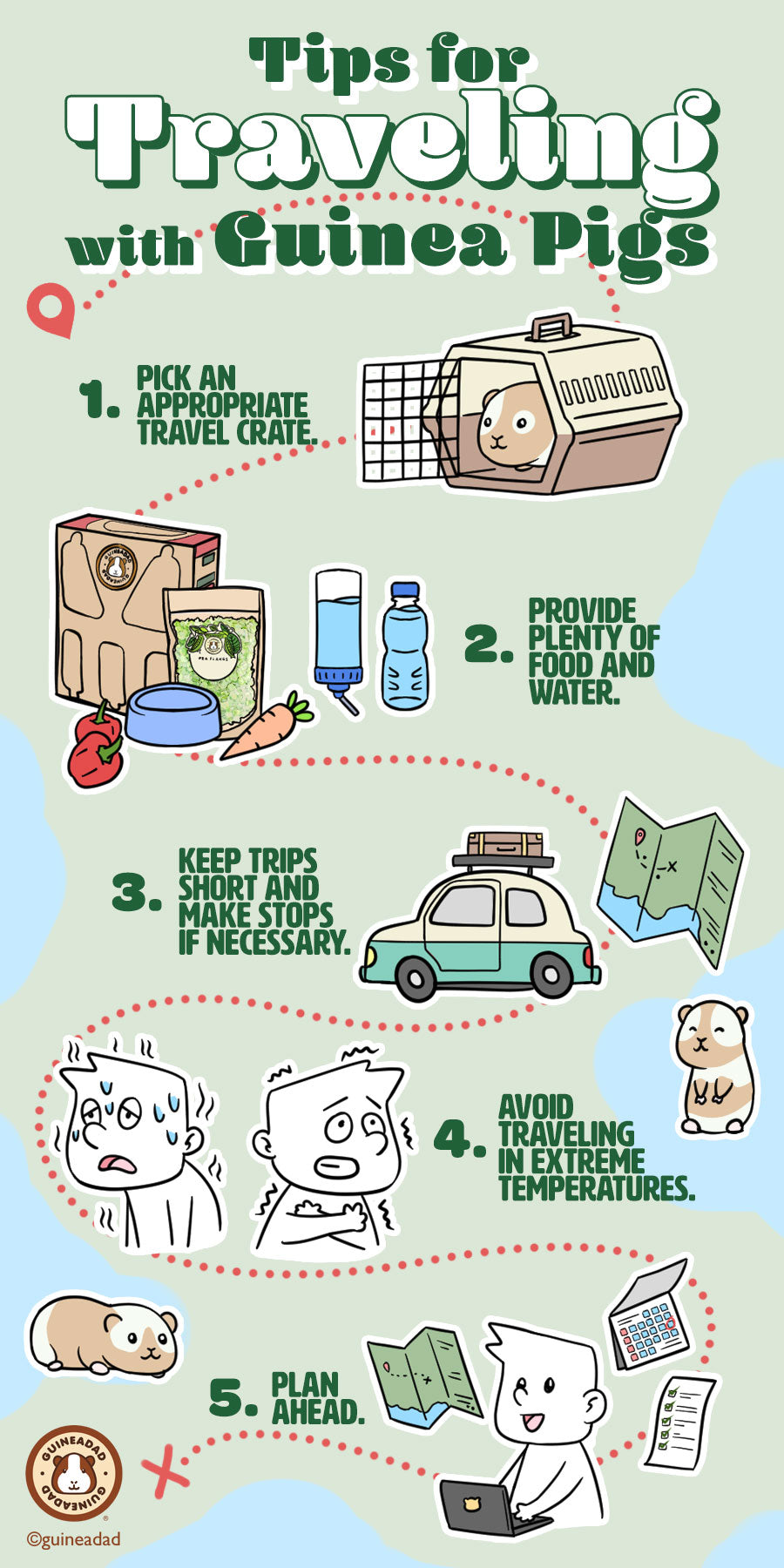
Final Thoughts
Traveling with a guinea pig is different than traveling with other pets. If you are considering traveling with your guinea pig, make sure you understand the risks and take the proper precautions to keep your guinea pig safe.
Learn more about guinea pigs by reading our other blogs!:
Everything You Need to Know About Your Crunchy Condo
10 Fun Facts About Guinea Pigs (You Probably Didn't Know)
The Complete Guide on Fleece Liners for Guinea Pigs


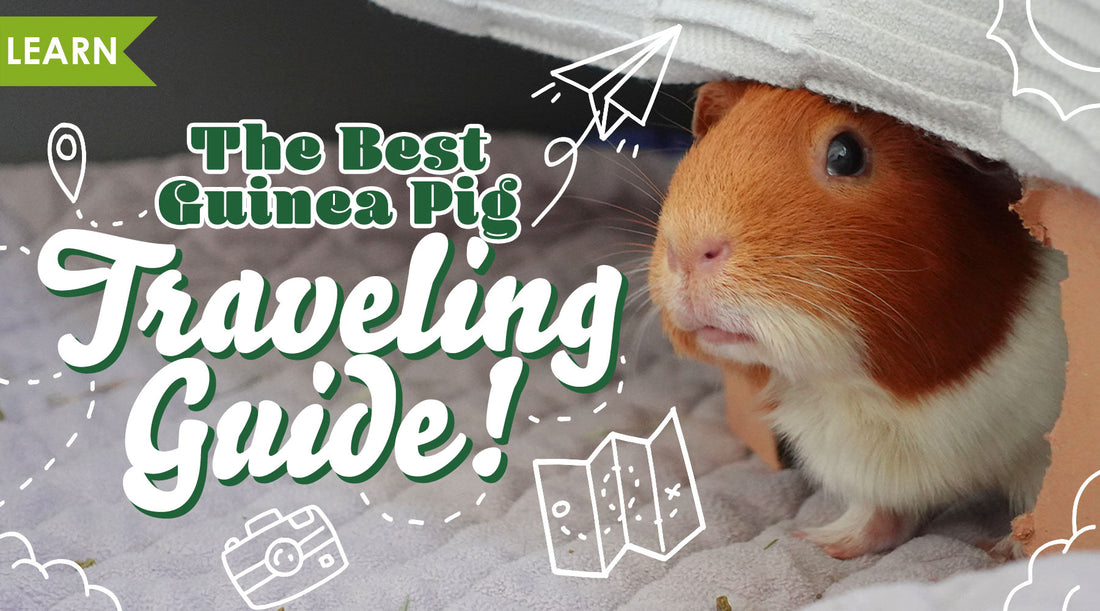









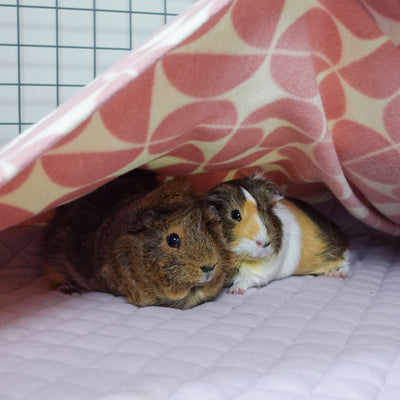

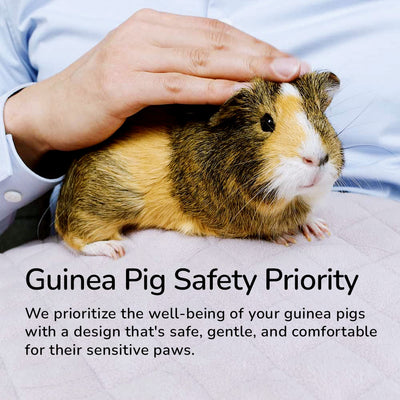








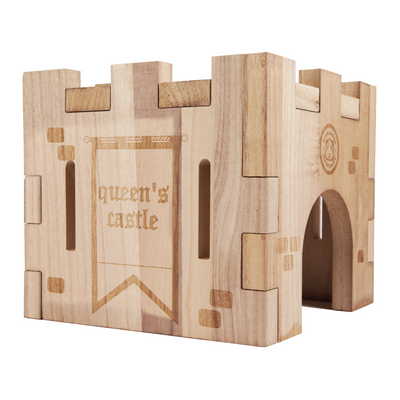




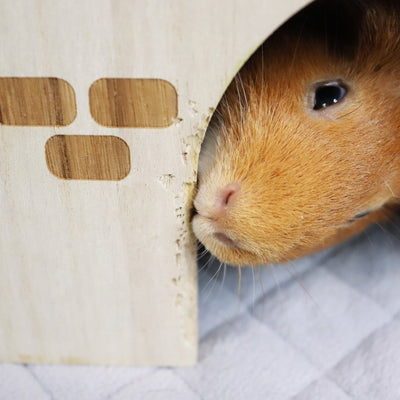
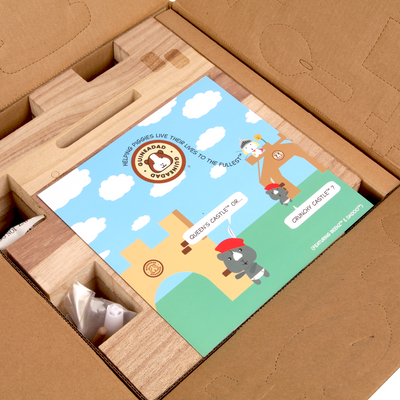
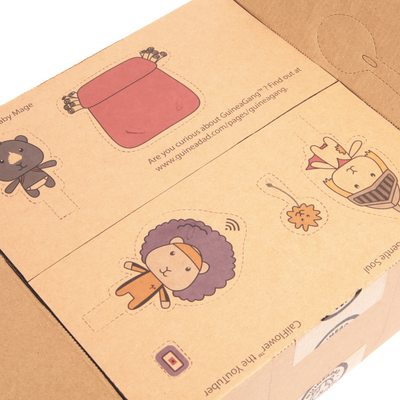

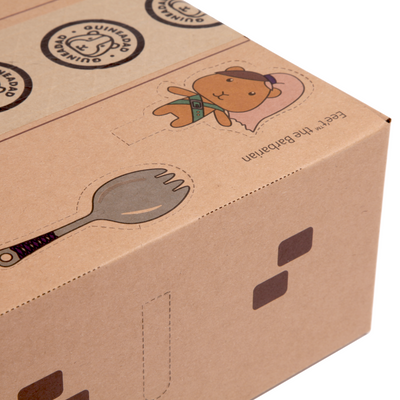







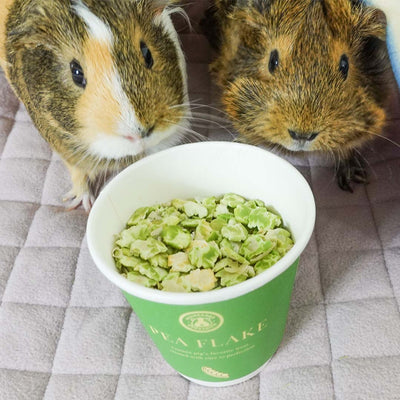

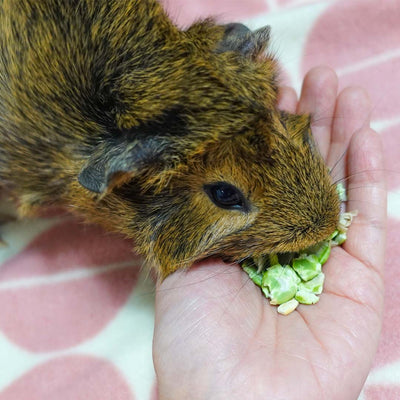
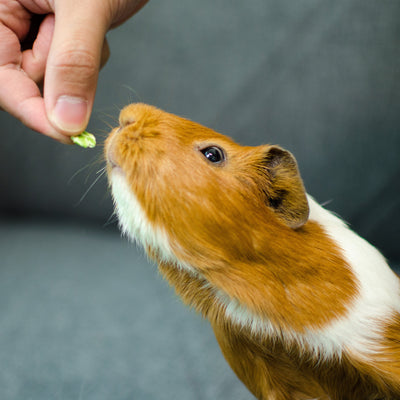



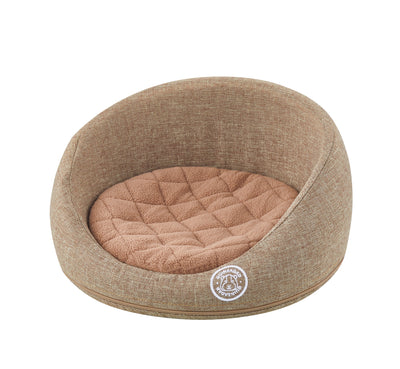
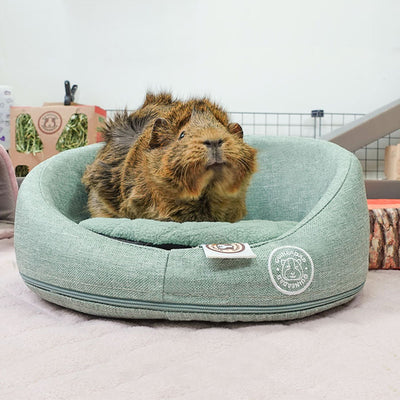
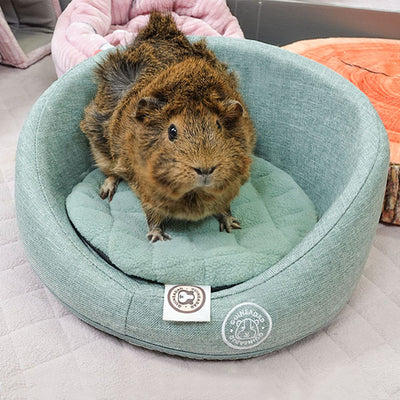
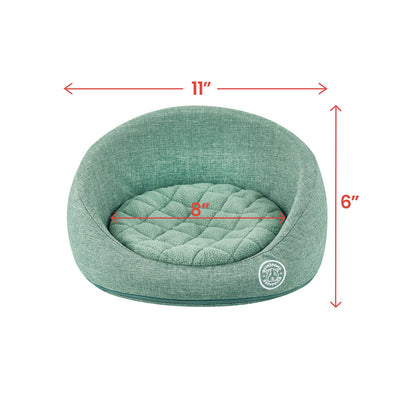

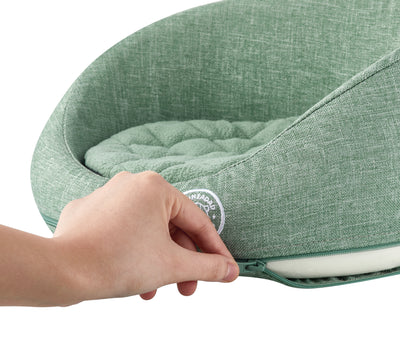


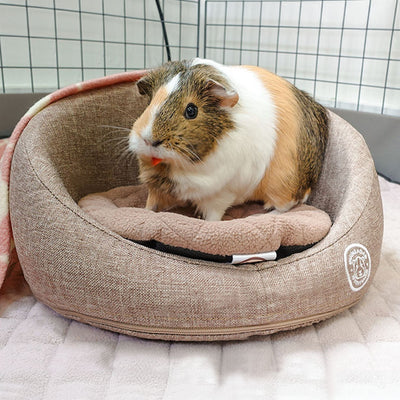
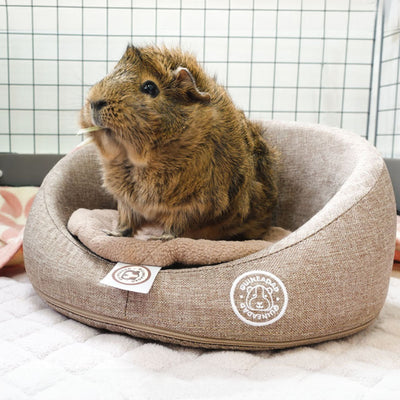
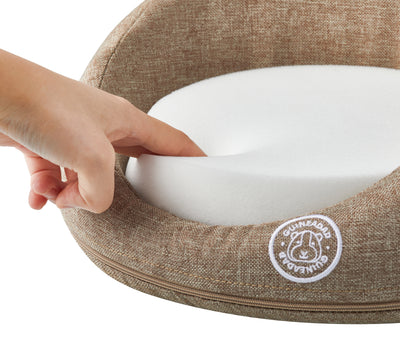
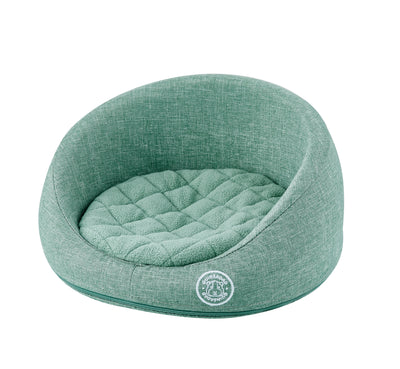
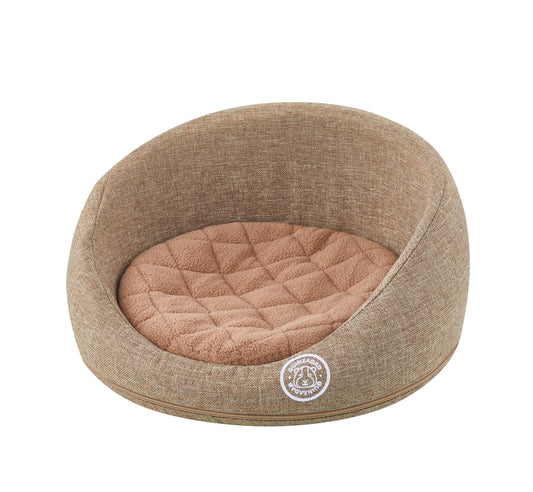


14 comments
Our guinea pig is 5 years old.. and we’re moving so we have to be on a plane for five hours, and I can’t risk to leave them with anyone because they might get treated badly.. is it really not possible for them to survive on a cargo? I heard it has the same environment as the cabins. If we do carry them in cargo, what preparations do we have to make? Do they treat them gentle enough..?
Hi Fernanda – certain airlines are more pet-friendly than others. For example, some European airlines like KLM, Lufthansa, and Air France have been known to have more accommodating pet policies. However, policies can change, so it’s essential to directly contact the airlines you’re considering to inquire about their current pet travel policies.
Hi, I want to know wich airline accept guinea pigs for travel to Europe, since in every single blog or comments i saw that the guinea pig needs to be on cargo and not in cabain. Can I use a letter from a dr. that explains that is company pet to let me bring my guinea pig on cabain?
Frontier Airlines allows Guinea Pigs in the cabin but you have to pay an extra fee.
https://www.flyfrontier.com/travel/travel-info/family-pets/?mobile=true
Tracy, I understand your concerns about your daughter’s guinea pigs and their travel arrangements. While traveling in the cargo hold of an airplane can pose some risks for pets, many airlines have specific guidelines and procedures in place to ensure the safety and well-being of animals during transportation. However, it’s always a good idea to consider alternative options if you’re worried about their safety.
Rehoming the guinea pigs could be a viable solution, but it’s important to find a reputable rescue organization that will provide them with a loving home. Unfortunately, I don’t have the knowledge of current guinea pig rescues in Long Beach, California. However, there are a few ways you can find reputable rescues:
Local Animal Shelters: Contact local animal shelters in the Long Beach area and inquire if they have any guinea pigs available for adoption or if they can recommend any reputable guinea pig rescues in the area.
Online Directories: Use online directories or search engines to find guinea pig rescues in or near Long Beach. Websites like Petfinder or Adopt-a-Pet can help you locate rescue organizations in your area.
Online Communities: Join guinea pig-related forums or social media groups where you can ask for recommendations from other guinea pig owners or enthusiasts. They may be able to provide you with firsthand knowledge of reputable rescues in the Long Beach area.